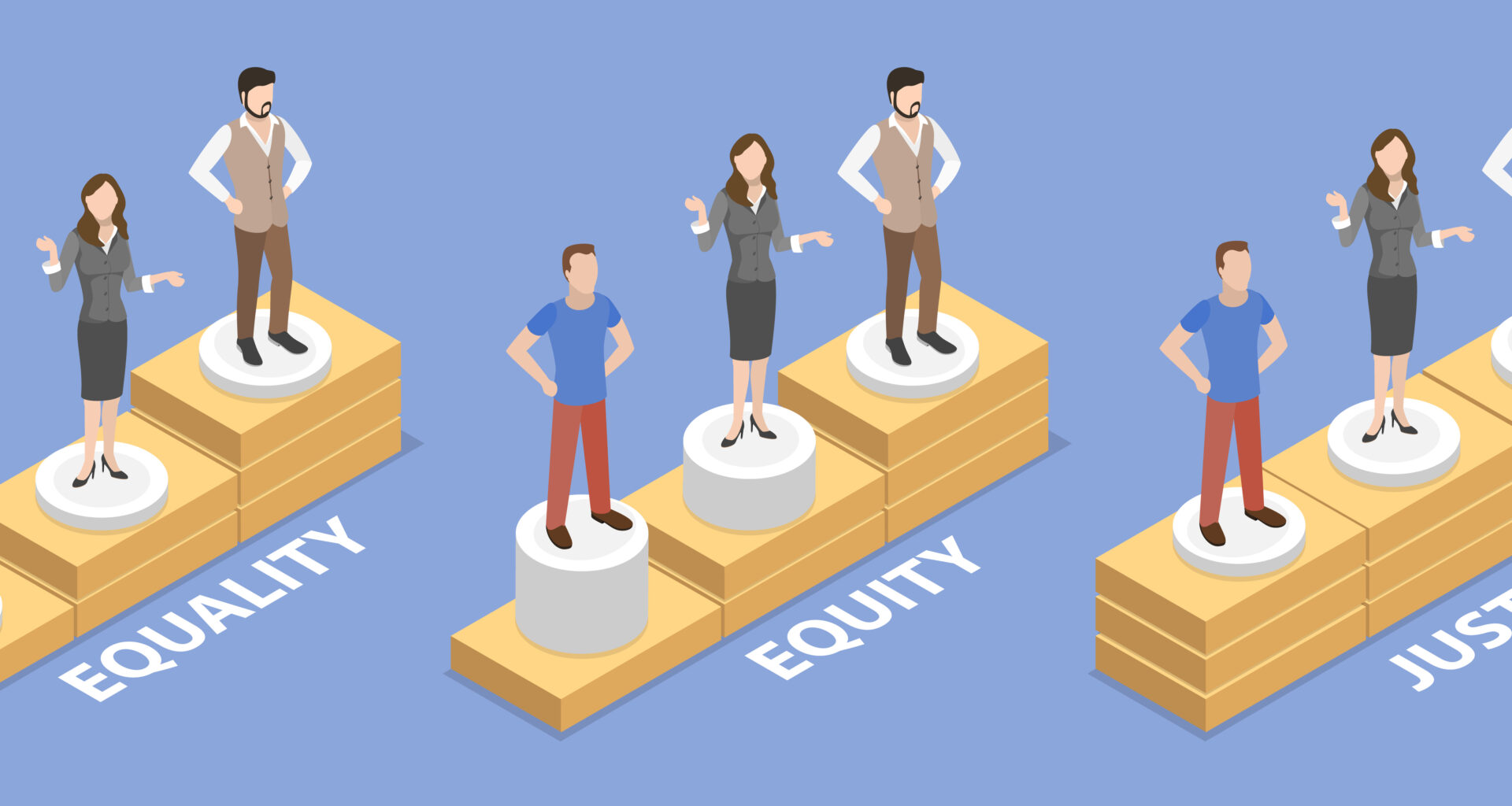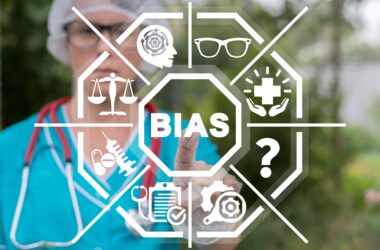The terms “healthcare equality,” “health equity,” and “healthcare justice” are often used interchangeably in discussions about access to quality healthcare. However, these terms hold distinct meanings with significant implications for achieving a truly just healthcare system. For instance, while providing everyone with the same level of healthcare resources might seem fair on the surface, it doesn’t guarantee equitable outcomes. This is because people come from different backgrounds and have varying needs.
This blog delves into the core differences between these concepts, exploring their purpose and how they contribute to a healthier future for all.
Health Care Equality – A Level Playing Field (or is it?)
As mentioned earlier, healthcare equality signifies the idea that everyone receives the same amount of healthcare resources and related services, regardless of their background or circumstances. In an ideal scenario of health care equality, everyone would have:
- Equal access to health insurance plans with parallel coverage.
- The ability to see a healthcare provider promptly without long wait times.
- Equal access to preventive care services and screenings.
- The same level of treatment options, regardless of income or social status.
On the surface, health care equality seems like a straightforward and desirable goal. However, it fails to consider the various factors that influence a patient’s health journey. Factors like socioeconomic status, race, ethnicity, and geographic location all play an instrumental role in shaping health outcomes.
Health Equity – Recognizing The Uneven Starting Line
Health equity acknowledges the pre-existing disparities that exist in healthcare access. It emphasizes providing individuals with the tailored resources and support they need to achieve the same level of health, even if those resources differ. Unlike health care equality, health equity focuses on:
- Catering to the root causes of health disparities, such as poverty, and lack of access to healthy food, safe living environments, or education, and other discrimination.
- Customizing healthcare services to address the specific needs of different communities.
- Delivering culturally competent care that acknowledges and respects diverse backgrounds.
For instance, a community with high rates of diabetes may benefit from targeted educational programs and culturally appropriate dietary guidance in addition to standard diabetes treatment options. Here, health equity goes beyond simply delivering access to medication and recognizes the social determinants of health that contribute to the disease.
Healthcare Justice – Disassembling Barriers And Achieving Fairness
- Healthcare justice focuses on identifying and dismantling the underlying societal structures that hinder equal access to healthcare. This includes factors like poverty, discrimination based on race, ethnicity, gender, sexual orientation, or immigration status, and lack of access to quality education.
- For example, unconscious bias among healthcare providers can lead to unequal treatment and poorer health outcomes for specific groups. Healthcare justice initiatives advocate for cultural competency training and implicit bias awareness programs within healthcare institutions.
Addressing Historical Injustices
- The legacy of historical injustices, such as redlining in housing practices and discriminatory healthcare policies, continues to impact health outcomes today. Redlining, for instance, denied access to mortgages and investment in specific neighborhoods, leading to concentrated poverty and restricted access to healthy food and safe living environments.
- Healthcare justice initiatives would advocate for policies that address these historical wrongs, such as reparations programs and investments in underserved communities.
Advocating For Broader Societal Change
- Healthcare justice recognizes that achieving health equity requires a multi-pronged approach. It goes beyond simply fixing the healthcare system itself. It advocates for broader societal changes that promote health and well-being for all.
- Examples include supporting policies that ensure affordable housing, living wage jobs, and access to healthy food options. These social determinants of health have a significant result on a person’s health trajectory.
- Healthcare justice initiatives might also advocate for policies that address environmental toxins and promote healthy lifestyles across communities.
The Interconnectedness – Working Together For A Healthier Future
Healthcare equality, health equity, and healthcare justice are all interconnected concepts that contribute to the ultimate goal of a just and accessible healthcare system. Here’s how they work together:
- Healthcare equality provides a foundation by ensuring everyone has a basic level of access to healthcare services.
- Health equity builds on this foundation by ensuring everyone has the chance to achieve optimal health, despite their background.
- Healthcare justice focuses on removing the obstacles that prevent individuals and communities from achieving their full health potential.
By working towards these interconnected goals, we can create a healthcare system that is not just fair but also effective in promoting the health and well-being of all individuals and communities.
Conclusion – From Understanding To Action
Understanding the distinctions between health care equality, health equity, and healthcare justice is crucial for promoting meaningful dialogue about healthcare reform. By recognizing the unique contributions of each concept, we can move beyond simply providing access to healthcare and work towards a system that truly promotes health equity for all.
[Related Read: Health Equity Initiatives – How New Regulations Drive Change?]










